“Most affirmations conceal something.”
Nick Carraway
Somehow, the plot and storyline of the infamous Great Gatsby remained almost entirely unknown to me until I read the book last week while I ran laps around our cruise ship as it sailed the fjords of Alaska. The fecundity and opulence of a cruise ship seemed a fitting vessel for such a debut.
The lavish parties, massive mansions, and well-dressed characters in the book are sparkling, extravagant, and empty. The envied automobiles are carelessly driven into ditches, near misses, and people. The narrator of The Great Gatsby juxtaposes luminous wealth with hollow absence. The whole book describes abundance without substance. Even the title drips with nothing because the narrator is Nick Carraway, but no one remembers his name.
Without knowing the plot beforehand, I knew The Great Gatsby was about the upper class, the disgusting waste of wealth, but what surprised me was the first-person narration. The fascinating thing about first-person narrators is that the reader only knows what Nick Carraway wants them to know and I have a difficult time relying on a narrator who says, “I am one of the most honest people I have ever known.” Nick claims to despise liars but fills his life with them, and even, if his narration is to be trusted, which it’s not, he kind of falls in love with one. All this to say that this story surprised me because it is not a story about J Gatsby or Daisy or Tom or their affairs: it is a story about Nick.
Thank you, Fitzgerald. Thank you for writing a puzzle with subtle literary devices while also writing intrigue and memorable descriptions, deplorable characters, and a novel that lasts.



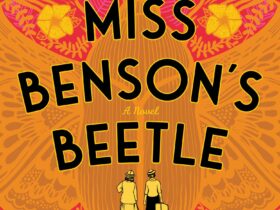
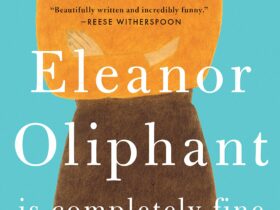
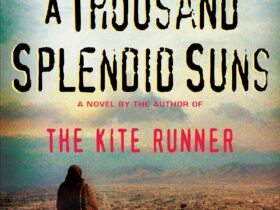



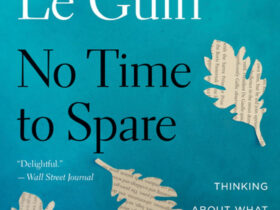


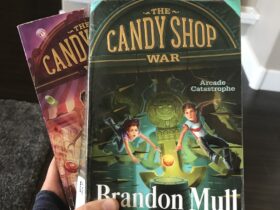

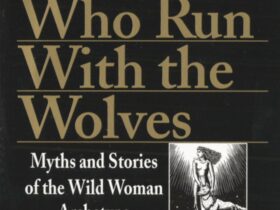





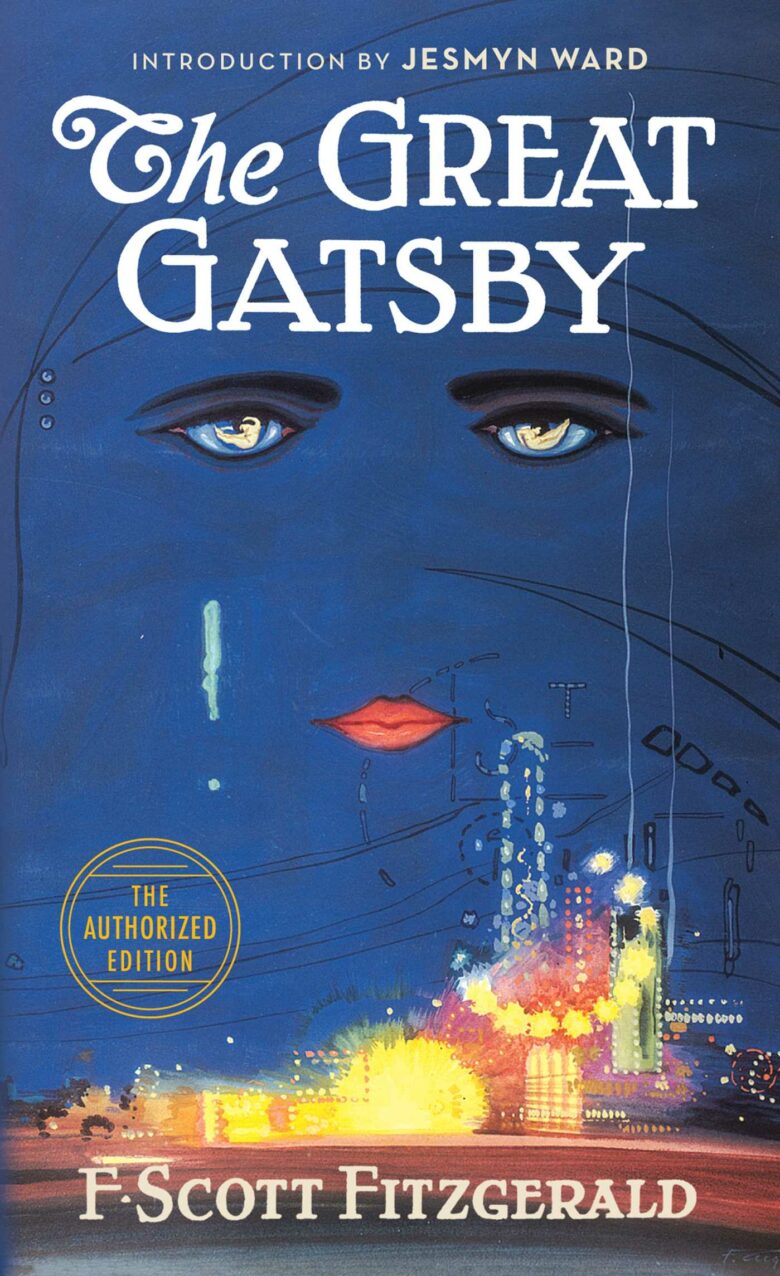





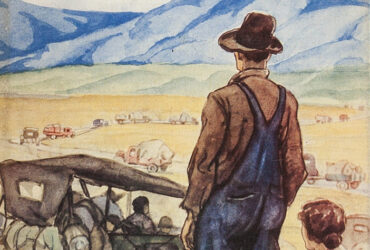

Leave a Reply